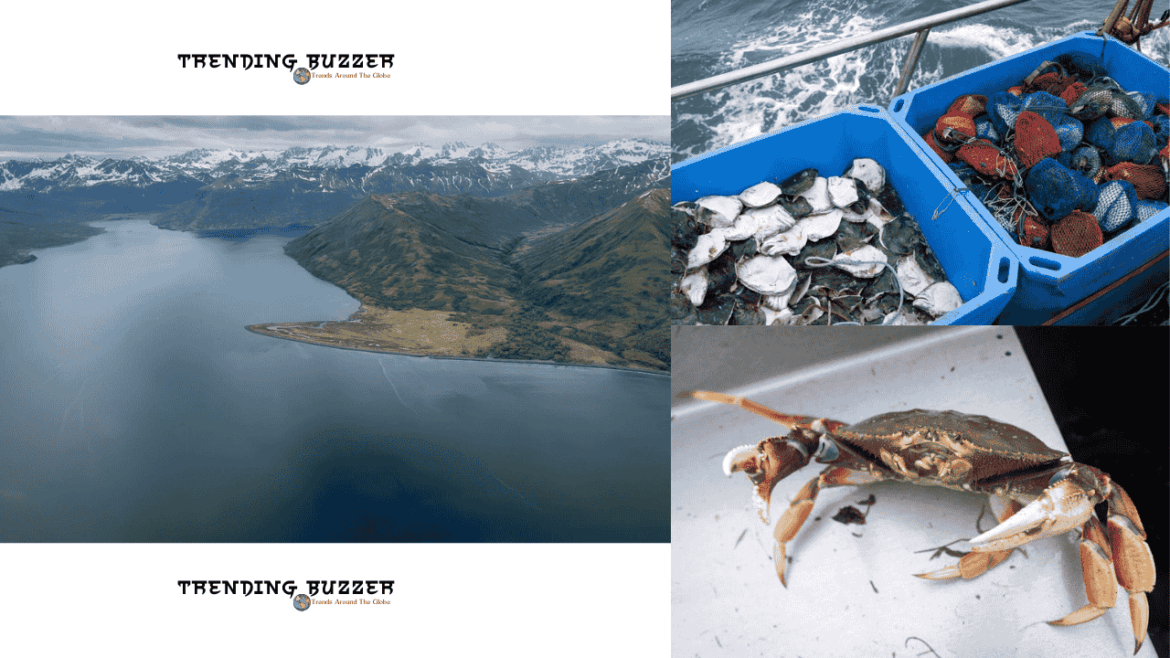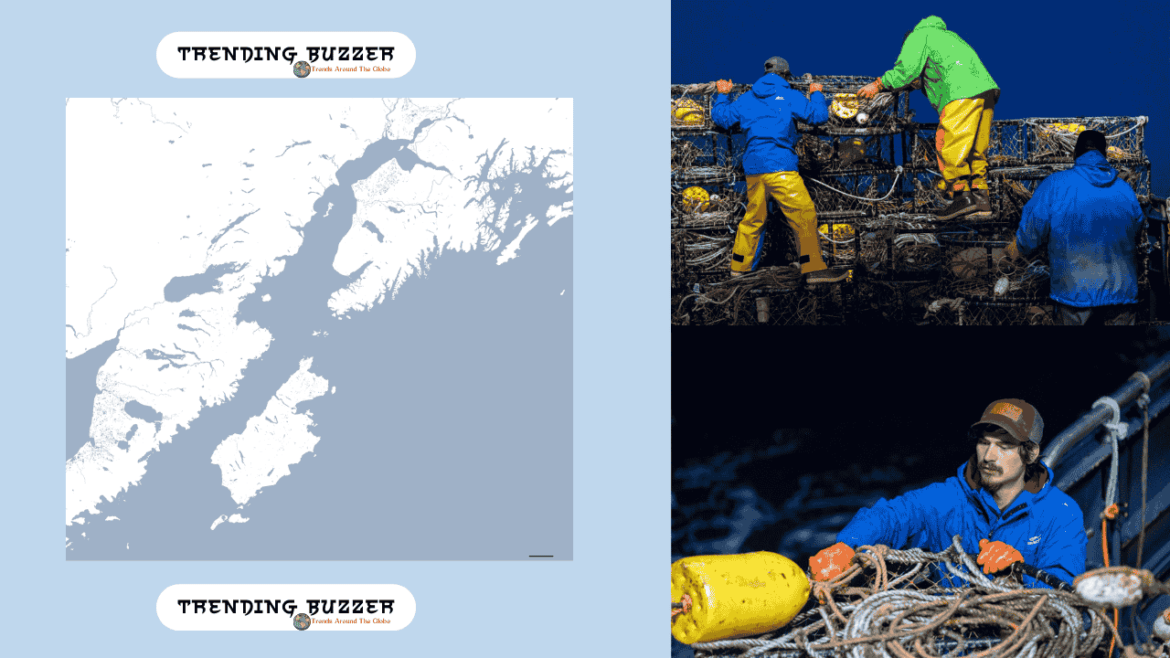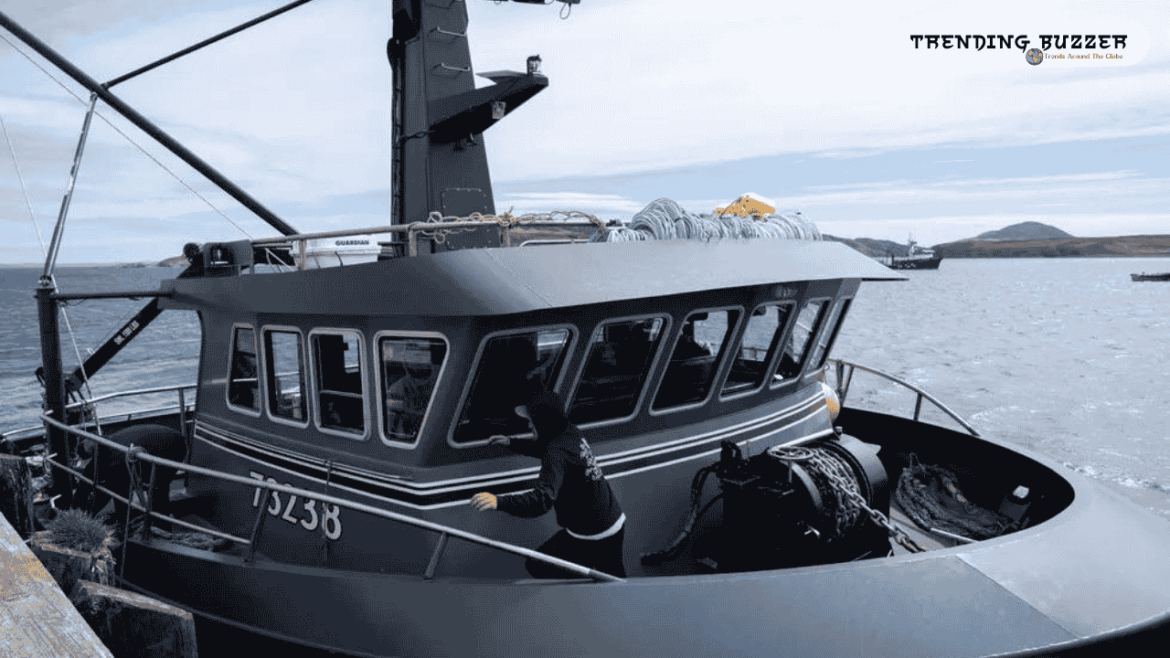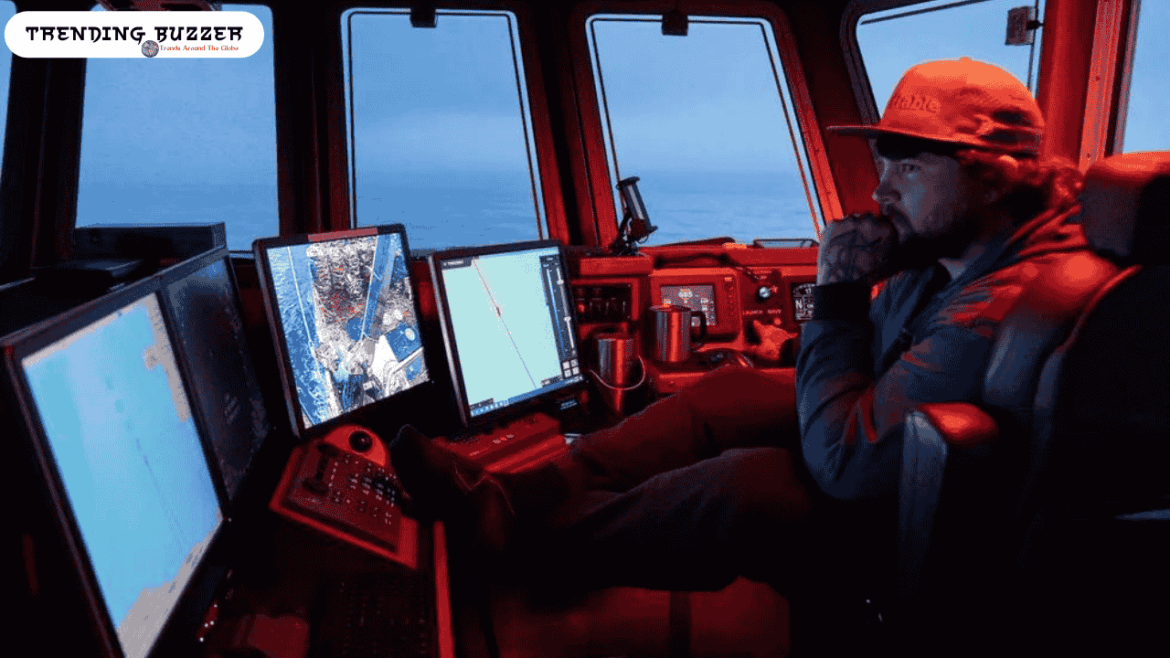The overall population of snow crabs in Alaska is decreasing rapidly because of climate change, which is causing problems for the snow crab industry.

Scientists and business leaders both felt worried by the sudden disappearance of billions of crabs, which could significantly damage Alaska’s snow crab fishing business in 2022.
This ecological crisis is a result of human-caused climate change, based on recent research by the National Oceanic and Atmospheric Administration (NOAA).

The Billions It Lost
Nearly 10 billion snow crabs disappeared between 2018 and 2021, causing a significant drop in the sector’s worth from $227 million to nearly zero.
This drop was blamed on “borealization,” the change of Arctic to sub-Arctic temperatures, that researchers now predict is 98% caused by human activities.

The Impacts of Increasing Sea Levels
The crabs’ consumption was likely increased by the warm temperatures in the Bering Sea, which left them without sufficient nutrition to starve.
The warmer water increased the crabs’ caloric demands, which the available prey failed to meet, based on research.
Further upsetting ecological balance were cod’s move to cooler northern waters, where they were typically found as young crab predators.
An Ecosystem in Change
The study shows a concerning trend: it predicts that this Arctic’s snow crab-friendly factors will continue to decrease. This change affects not just snow crabs but also other marine creatures and the fishing sector as a whole.
The snow crab fishery was closed off by Alaska’s Ministry of Fish and Game in 2022 before being closed again for 2023–2024,
with no indications that it will come back in the near future.

Increased Effects
This situation is a symbol for a deeper issue: marine ecosystems are rapidly shifting due to climate change. Species have to move or adapt to new ecosystems when ocean temperatures rise,
disrupting long-standing fishing patterns and harming the food security of many communities.
The daily routines of sailors and Native Americans who rely on these resources are being affected by these changes.
The Plan of Movement
While Alaska’s Dungeness crab fishing industry seems positive, the long-term stability of crab and fisheries is still unclear.
Changes in marine ecosystems are being facilitated by global warming, which has a direct effect on everything from the distribution of different kinds of predators to the availability of prey.
To lessen these effects and assist communities that have been impacted, continuous research and adaptive management are crucial.

if you have any questions, contact us





